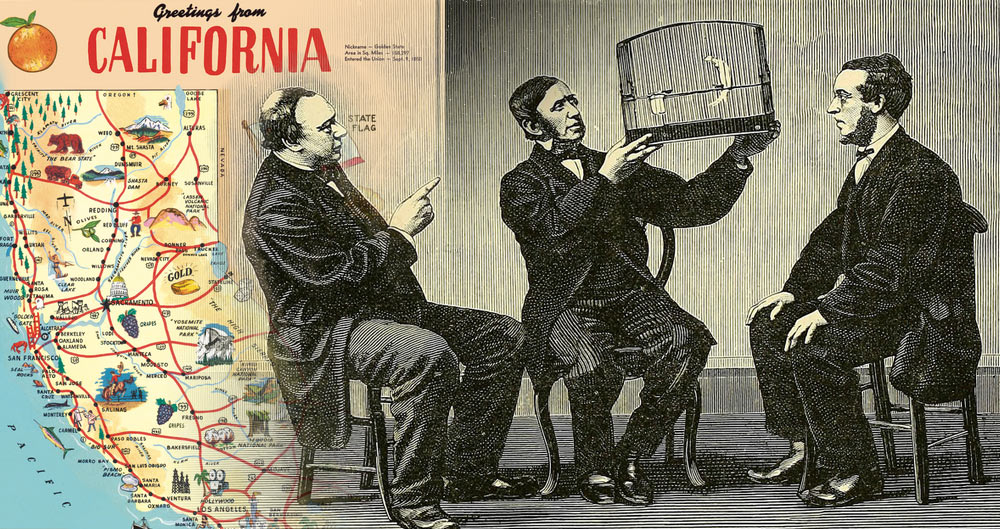After the recent school shooting in Parkland, Florida, followed by pressure from gun control advocates, Delta Airlines announced it would end its corporate relationship with the National Rifle Association, whereby NRA members were given discounts on travel.*
Meanwhile, Georgia legislators were in the process of passing legislation to give Delta a state sales tax break on their fuel purchases. That special legislative deal was worth a whopping $40 million to the Atlanta-based company.
Yet, when Lt. Gov. Casey Cagle heard about Delta dissing the NRA, he tweeted, “I will kill any tax legislation that benefits @Delta unless the company changes its position and fully reinstates its relationship with @NRA.”
The Lt. Gov. added, “Corporations cannot attack conservatives and expect us not to fight back.”
Everyone is familiar with the story. Those who favor gun rights were angry with Delta Airlines and ecstatic with the pushback from Georgia legislators. Those favoring new legislation to restrict gun ownership were thrilled by Delta’s break with the NRA and livid with those legislators.
But while cheering and jeering one side or the other, too many folks missed the 800-lb problem in the room. A letter writer to the Washington Post illuminated it: “The government can’t punish people or businesses for their political views. They can be punished only by the free market, in the form of lost business.”
True enough in the free market.
But when crony capitalism replaces free markets, the government certainly will punish or reward people and businesses — with millions and billions of our tax dollars — on purely political grounds.
Georgia government just did it to Delta Airlines.
This is Common Sense. I’m Paul Jacob.
* To be precise, reports claim a grand total of 13 NRA members availed themselves to the special rates once offered by Delta.











